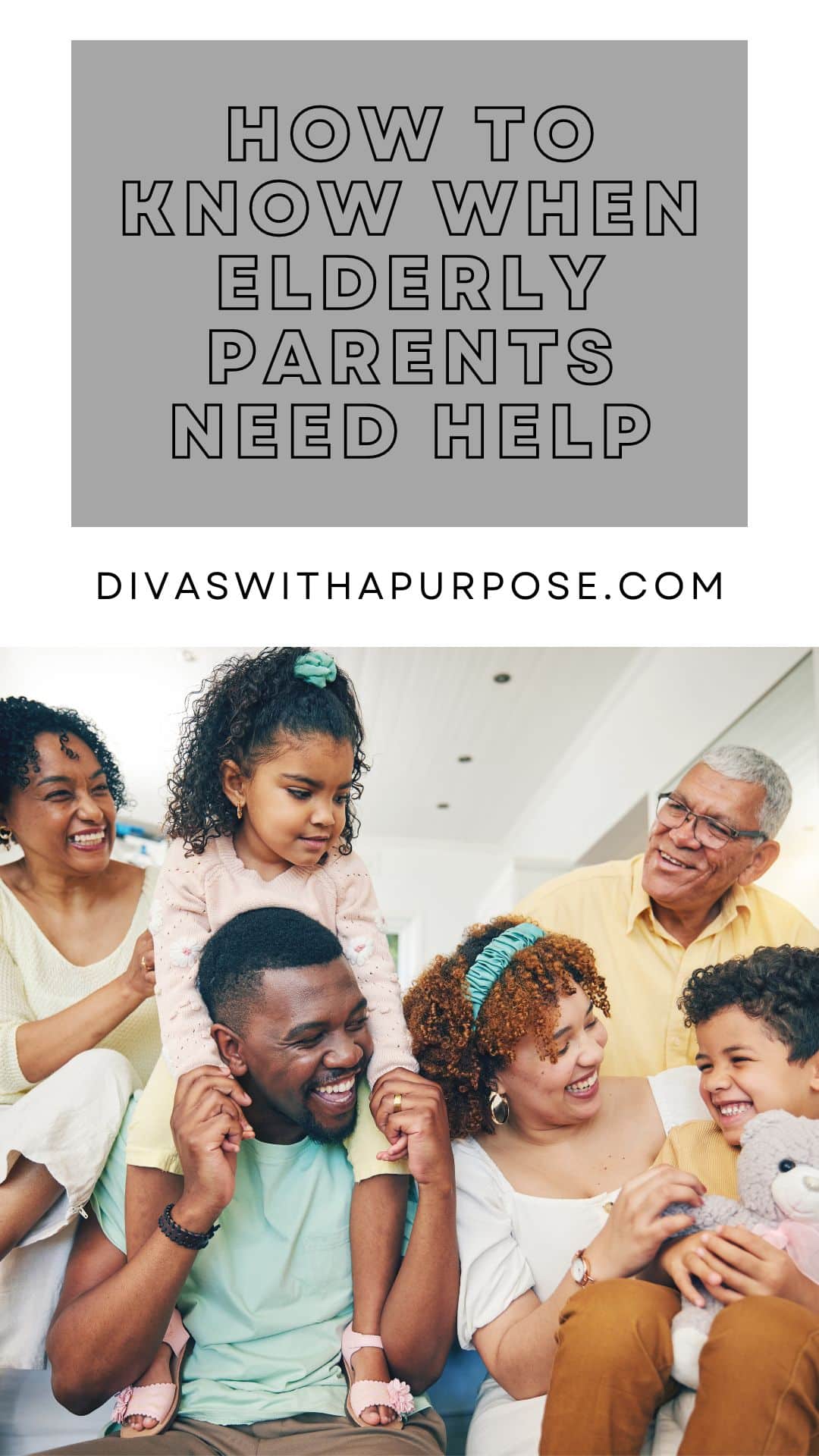How to know when elderly parents need help
Your aging parents may be happy and content in living independently in their home but at some point of time it is more than likely that they will need some extra help in order to manage their day to day chores.
While senior companion care provided by a professional caregiver can be of immense help for older adults to lead a safe and healthy life, most elderly consider it to be a bother for other family members and insist that they are fine living on their own without any outside support.

Therefore, recognizing some of these early signs becomes very important, not only to avert a crisis before it happens but also to ensure timely home care support for the parents in their hour of need.
Unsteady Gait
If you notice your elderly father or mother holding on to furniture or the walls for support when trying to navigate in the house,they may be prone to having a fall and suffer a moderate or serious injury.
Demonstration of this unbalancing gait or struggling to climb up and down the stairs often leads to the end of the individual’s ability to live independently and could be a symptom of some severe medical problem.
A change in the home environment
If you notice your elderly parent’s home in disarray or more cluttered than normal, with dirty clothes and dishes piling up in the sink,then it is a sign of decline in your loved one.
If the utensils are scorched,it is a sign of forgetfulness when something is cooking on the stove until it burns. Storing of expired food items in the fridge or in the pantry is also a red flag for possible safety issues.
Forgetfulness and memory loss
When signs of memory loss or forgetfulness are visible, then it is time to look for reasons behind it. An early warning sign that your elderly parent’s memory is on the decline and can lead to a major medical issue like Alzheimer’s disease or another type of dementia.
In such cases, it is important to identify any underlying illnesses by consulting a general practitioner for diagnosis. You can then discuss the possibility of home care service to make sure your elderly parents remain safe and independent and continue to live comfortably at home.
Mood changes
Behavioral changes and mood changes can be an early indicator of dementia. That said, there are a number of ways to prevent dementia, Alzheimer’s or even Parkinson’s disease by keeping your aged parents engaged in regular exercise and social activities.
It is critical,therefore, to ensure that your elderly parents remain as active as possible, else they may need services of a caregiver sooner than they otherwise might need
Loss of interest
If you notice increased anxiety in the elderly parent or other behavioral changes like aggression, delusions, hallucinations, depression or increased paranoia this is a sign of late-life depression.
It may be difficult, but you should sit down and talk it out with your loved one and possibly encourage them to take home care solutions to help them lead a better life.
